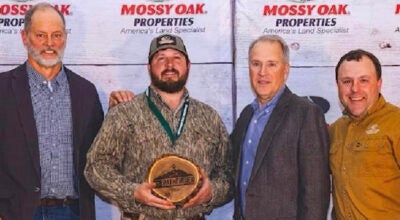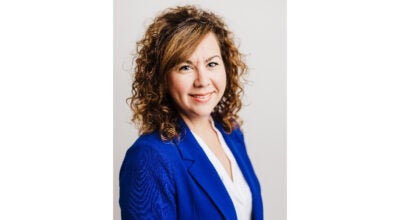Desirable traits of employees
Published 8:06 pm Friday, June 9, 2017
It isn’t difficult to describe the most desirable traits employees or applicants should have. However, it is more difficult to find and develop those people. Whether the business is a large or small company, retail or wholesale, storefront or online sales, etc., the quality of its staff can make the difference in its success.
If you are an employee or potential employee, discovering and developing what employers are seeking will help position you for a good job where you can be successful.
Opposites that can describe employees or applicants are listed below. Go through the list and honestly choose those words that best describe you.
Active or lazy; proactive or reactive; collaborative or non-participative; team player or solo; proactive or reactive; collaborative or non-participative; team player of solo; flexible or inflexible; open-minded or close-minded; optimistic or pessimistic; skilled or unskilled; communicative or non-communicative; prompt or tardy; dependable or undependable; committed or non-committed; loyal or disloyal; goal-oriented or non-committal; accurate or inaccurate; decisive or indecisive; smart or dumb; honest or dishonest; ethical or unethical; interested or disinterested; motivated or lackadaisical; positive or negative; encourager or discourager.
For hiring managers, when contemplating qualities and traits of potential employees you can easily make choices from the list above. The people factor in building a team is of ultra importance, even more than technology and financial. This is why recruiting and hiring the right people is the place to start.
If you are an employee or a person seeking employment, review the list and check off which words best describe you. Ideal employees are hard to find but it is possible.
Many are “homegrown” and are trained and developed on the job. The technical skills for most jobs can be taught and mastered over time. The “soft skills” are most important and for the most part a person has them or they don’t. A good attitude is very important but it can’t be taught like hard skills. There is so much fulfillment in a job well done.
Many people miss out on the satisfaction that can come from performing well in their position. It can enhance not only their career but also spill over affecting in a positive manner their personal and family relationships.
If you are serious about improving your work life, making your job more enjoyable and fulfilling, or finding a position you aspire to, it may require a serious look at yourself for a full assessment.
Improvement starts with recognition of shortcomings and inadequacies. Make a list of your strong points and areas in which you could make improvement. No matter your age or experience you can reinvent yourself.
It takes commitment to make changes but you are the only one who can make it happen. Learning about yourself, gathering information about your work related values and interests, your aptitudes and personality type will assist you in your quest to be more successful and happy in your job. No one will possess all the qualities that are positive in the listing above, however focusing on your best qualities and having a plan to work on other desirable traits will move you forward in recognition of your current job. It will also position you at the top of the list of candidates when seeking another position.
Keep in mind that there is much competition for jobs today. Recruiting is an art and large companies have very competent and experienced staff handling their sourcing, interviewing, evaluating, checking out candidates, etc. Being a candidate can be a great learning experience in the seeking side of the talent acquisition business. Be diligent in preparation and presentation. Pay attention to details. Be positive in your approach. Be yourself.
Becky Vaughn-Furlow retired from Trustmark Bank as executive vice president and human resources director. She can be contacted by emailing bvaughnfurlow@gmail.com.





